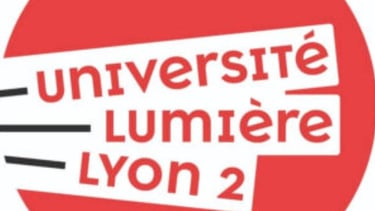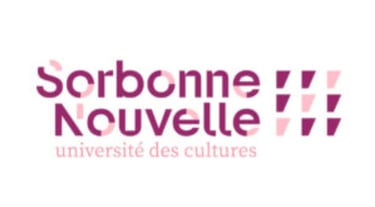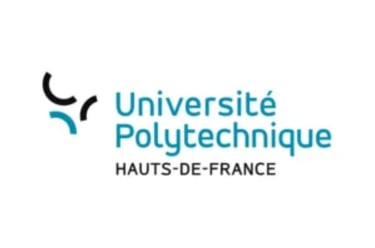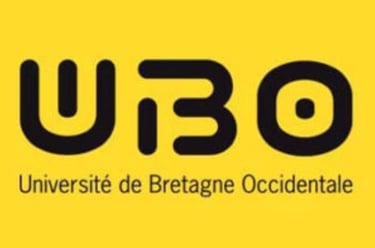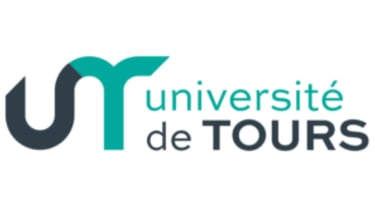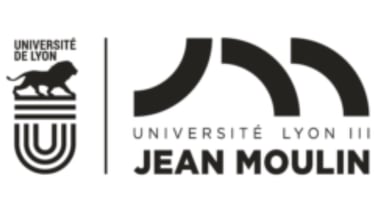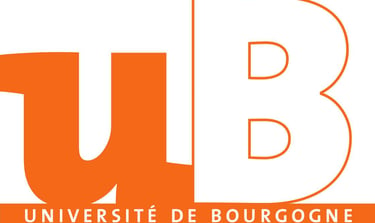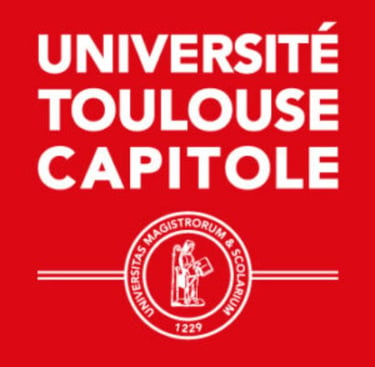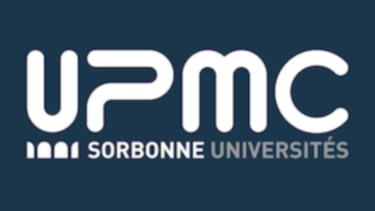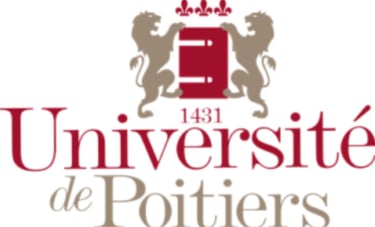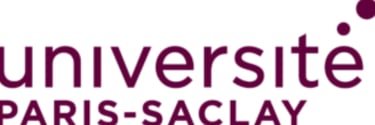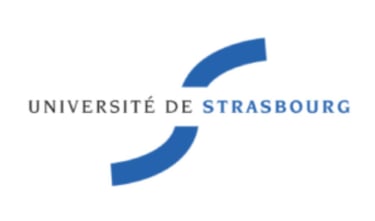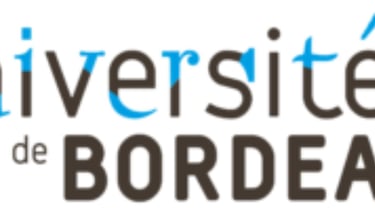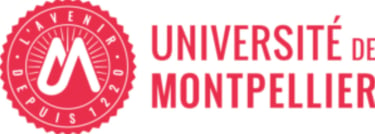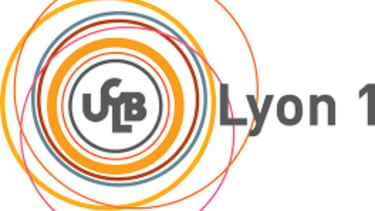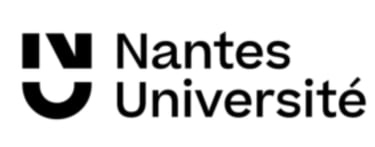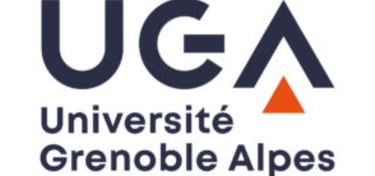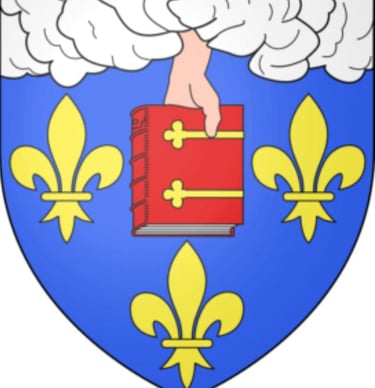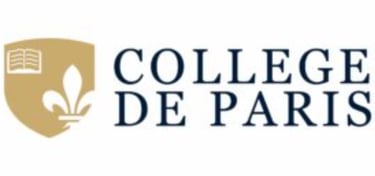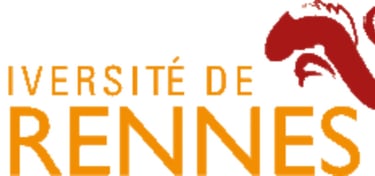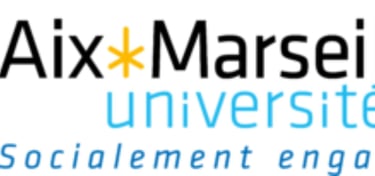
MAY 2025
Intake
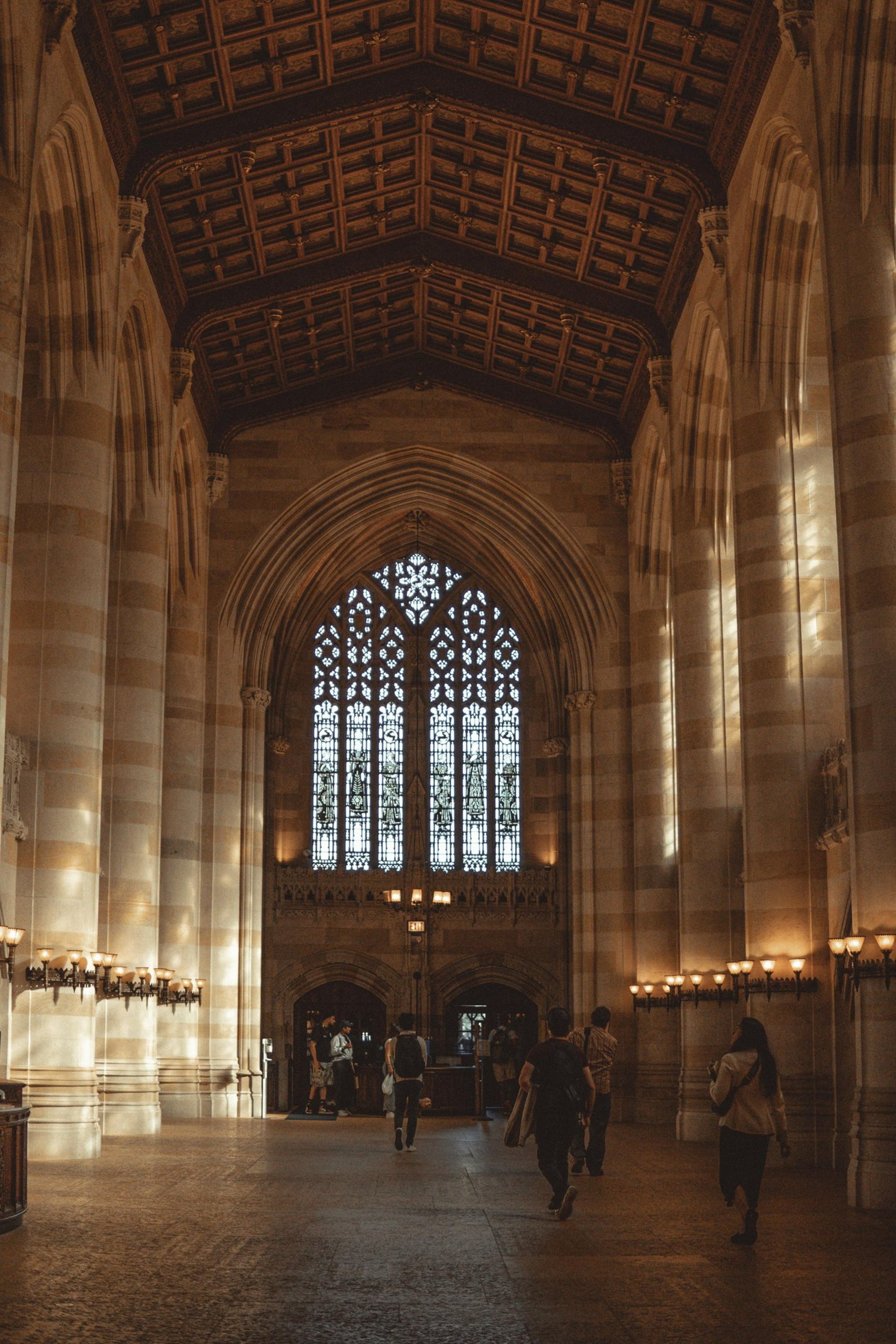
1. Why Study in France?
World-Class Education: Renowned for top universities, business schools, and specialized institutions.
Affordable Education: Low tuition fees in public universities and scholarships for international students.
Diverse Programs: Wide range of courses in French and English.
Cultural Hub: Rich history, art, and architecture with an opportunity to learn French.
Global Opportunities: Home to major multinational corporations and strong alumni networks.
2. Admission Requirements
Undergraduate Programs:
High school diploma (equivalent to the French baccalauréat).
Proof of French proficiency (if the program is in French) – DELF, DALF, or TCF.
Some programs may require an entrance exam or interview.
Postgraduate Programs:
A recognized bachelor’s degree in a relevant field.
Proof of language proficiency (French or English, depending on the program).
Statement of Purpose (SOP) and Letters of Recommendation.
CV detailing academic and professional background.
3. Language Requirements
French-Taught Programs:
DELF or DALF certification.
TCF (Test de Connaissance du Français).
English-Taught Programs:
IELTS: 6.0–7.0.
TOEFL: 80–100.
PTE: 58–70.
4. Tuition Fees and Costs
Tuition Fees:
Public Universities:
Bachelor’s: €170/year.
Master’s: €243/year.
Engineering programs: €601/year.
Private Institutions:
€5,000–€20,000/year.
Living Costs:
Average: €800–€1,200/month (varies by city).
Accommodation: €200–€600/month.
Food: €200–€300/month.
Transportation: €30–€50/month (student pass).
5. Scholarships
Eiffel Excellence Scholarship:
For master’s and PhD students.
Monthly stipend, travel expenses, and health insurance.
Erasmus+:
EU-funded scholarship for exchange programs.
Charpak Scholarship:
Offered by the French Embassy in India.
Regional Scholarships:
Vary by location; check with the local region or institution.
6. Top Universities in France
Sorbonne University
PSL Research University Paris
École Polytechnique
Sciences Po (Paris Institute of Political Studies)
INSEAD (Business School)
HEC Paris (Business School)
University of Paris-Saclay
7. Application Process
Choose a Program: Use platforms like "Campus France" for research.
Prepare Documents:
Academic transcripts.
Language certificates.
CV and SOP.
Passport copy.
Letters of Recommendation.
Submit Application:
Public universities: Apply via Parcoursup.
Private and specific institutions: Direct application.
Receive Offer Letter: Conditional or unconditional admission.
Enroll and Pay Fees: To confirm your seat.
8. Student Visa Process
Types of Student Visas:
Short-Stay Visa: For courses under 90 days.
Long-Stay Student Visa (VLS-TS): For courses longer than 90 days, renewable within France.
Documents Required:
Acceptance letter from a French institution.
Proof of financial means (€615/month for the duration of stay).
Proof of accommodation.
Travel insurance.
Passport and visa application form.
Processing Time:
3–6 weeks (varies by country).
9. Accommodation Options
Student Residences (CROUS): Affordable housing options for students (€150–€400/month).
Private Apartments: Shared flats or studios (€400–€800/month).
Homestays: Living with local families (€200–€600/month).
How to Find Accommodation:
Websites: Lokaviz, Studapart, or individual university portals.
10. Part-Time Work Opportunities
Students can work up to 964 hours/year (around 20 hours/week).
Minimum wage: €11.27/hour (gross).
Typical jobs: Retail, hospitality, tutoring, or administrative roles.
11. Health Insurance
Mandatory for All Students:
EU/EEA students: Use European Health Insurance Card (EHIC).
Non-EU students: Enroll in French social security (€20–€40/month).
Private insurance options are available for additional coverage.
12. Post-Study Opportunities
Stay Back Options:
Master’s graduates can apply for a Temporary Resident Permit (APS) to stay for 12 months.
Allows job search or entrepreneurial activities.
Job Sectors in Demand:
Luxury goods and fashion.
Technology and innovation.
Pharmaceuticals and healthcare.
Hospitality and tourism.
13. Cultural and Practical Tips
Learn basic French phrases for daily life.
Familiarize yourself with French dining etiquette and cultural norms.
Explore public transport systems like the Paris Metro or regional trains.
Open a local bank account for convenience.
14. Popular Cities for Students
Paris: Cultural and academic hub with a high cost of living.
Lyon: Known for gastronomy and excellent business schools.
Toulouse: A student-friendly city with aerospace engineering opportunities.
Montpellier: Affordable living with a vibrant student community.
Bordeaux: Famous for wine, architecture, and dynamic campus life.
Essential Information for Studying in the France
Key information for international students: living costs, health services, part-time jobs, and top universities.
MEQAT STUDY CONSULTANTS
© 2024. All rights reserved.
STUDY DESTINATIONS
USEFUL LINKS
CAS Preparation
Accommodation Abroad
Work Permit After Studies
Visa Process Guide
Pre-Departure Information
Head Office!
M 1-4, Mezzanine Floor, Jeddah Centre, Raja Gahazanffar Ali Rd, Saddar, Karachi, Pakistan
ceo@meqatstudyconsultants.com
Our Offices: KARACHI | LAHORE | ISLAMABAD | Bahawalpur

